Priorities & approaches for bold policy change
October 1, 2024
With the Colorado Blueprint to End Hunger’s new framework and commitments, our Policy and Community Justice Team has been responsive to calls for clearer communication on how we center our policy and advocacy work around specific priorities.
Over the summer, we announced three key focus areas, in which our network and partners will find our team focusing our resources and expertise on. They are:
Food Sovereignty
Equitable access to healthy, affordable, and culturally affirming food is a basic human right. And, Colorado communities should have the power to choose what they eat, where it comes from, how it’s grown, and when it's available.
Food sovereignty for communities is not achieved by another organization speaking or acting for them, including the Blueprint.
This policy priority encompasses policies that support communities in having the right to decide what food they eat, where it comes from, and how it’s produced.
Within this priority we affirm the ability of individuals to choose their diets as aligned with their cultures, spirituality, and preferences. We do not support restricting diets but do support incentives that make it easier and more affordable to eat healthfully.
Our organization is dedicated to respecting the autonomy and self-determination of Native/Indigenous communities and cultures that do not follow traditional white-American paradigms. We believe that their voices and leadership are essential in shaping the solutions that address food sovereignty and security among themselves.
Nutrition Program Administration
Our priority for nutrition programs is that every Coloradan who’s eligible for and wanting to receive benefits is able to in a way that is equitable, timely and without shame or stigma.
State agencies administering government nutrition programs should be well-supported, with access to technology and modernization tools that reduce administrative burden and streamline workloads.
We aim for Colorado to opt for flexibilities, pilots, waivers, and interpretations of federal guidelines in ways that make our state the most progressive and effective at drawing more federal benefits. These actions improve accessibility and program retention for the Coloradans they serve.
Supporting Coloradans
Access or disrupted access to food does not happen independently of other factors. We recognize that many times, improving food systems means improving other intersecting issues for Coloradans. This includes housing, transportation, healthcare access, and economic mobility.
We aim to support partner organizations with our expertise in food justice on intersectional policies that impact Coloradans.
Colorado’s Taxpayer Bill of Rights (TABOR) is the most restrictive tax and expenditure limit in the country. While the majority of Coloradans favor receiving annual refund checks, the limitations to our state’s revenue leave our public programs and services antiquated, underfunded, understaffed and inefficient. We believe advocates across all sectors need to build a movement to achieve sustainable success in policies that support the health and well-being of all Coloradans. Education, along with building political and public will, toward progressive tax reform will take time and we aim to direct our resources to a collective movement.
You’ll see our Policy and Community Justice Team taking bold approaches to the Blueprint’s policy and advocacy work by:
Looking to our network to originate policy items and leverage Blueprint resources to support initiatives rooted in community and partnership
Doing our policy and advocacy work in the open with a commitment to transparency, directness, and collaboration.
Aiming to collaborate first and share resources to collectivize power.
Taking our time in our policy work to ensure that people who are impacted by policies are included in shaping and co-creating them.
Challenging others working in policy to lead with the same values of transparency and collaboration.
If you want to connect or have questions about our team’s policy priorities, please contact Greta Allen, our Policy Director.


